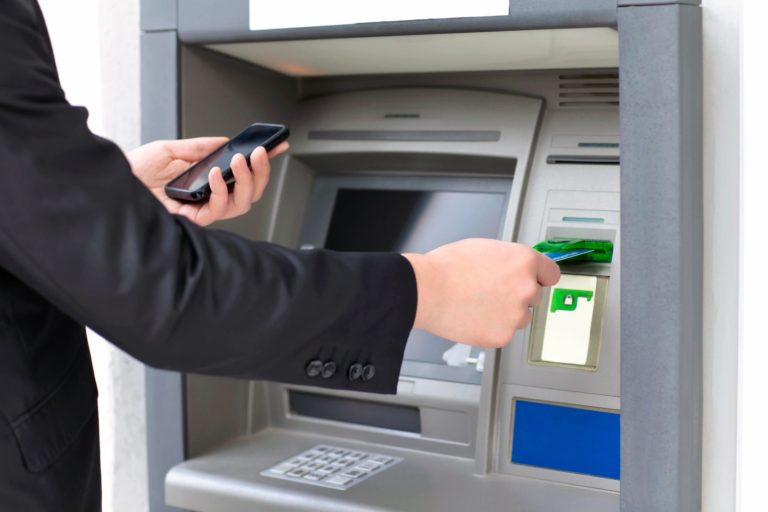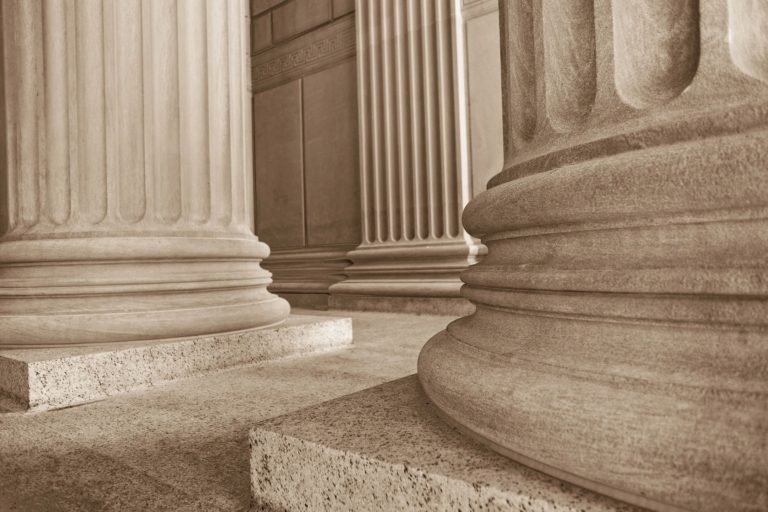The is a critical labor shortage in the United States. This is also a second-chance employment shortage.
Government can make laws and policies to change hiring practices and give those with records a chance. A 2021 study on criminal justice reports that 78 million people have a criminal record. The U.S. Department of Health and Human Services reports that more than 600,000 people are released from state and federal prisons each year and also reports that around seven million people are still in jail or on probation, parole, or supervision.
People with criminal records are often not. taken into account in many companies’ diversity, equity, and inclusion initiatives, leading to high unemployment rates for people with records.
Why, when there are 133,000 open positions in accommodation and food services, and 31,000 open positions in manufacturing, according to a recent job openings report by the Bureau of Labor Statistics.
People who happen to have criminal records could fill these roles. Second-chance hiring is also good for business, there is a low turnover rate and this saves employers money.
Former prisoners want the dignity of work so they could support themselves and their loved ones, and feel like they have a purpose.
The states can help with expungement — record-clearing — laws so minor criminal convictions don’t last forever.
States can also enact “ban-the-box” practices to allow for an individual to stand a fair chance at a job. States can also limit employer liability when hiring people with criminal records.
While the public sector is helping, the private sector is also catching up, with many business executives believing that the quality of workers with criminal records is generally the same as or better than workers without records.
Jamie Dimon of JPMorgan Chase and Craig Arnold of the Eaton Corporation, has brought large businesses into The Second Chance Business Coalition, including Walmart, McDonalds, Verizon, Accenture and Koch Industries.










